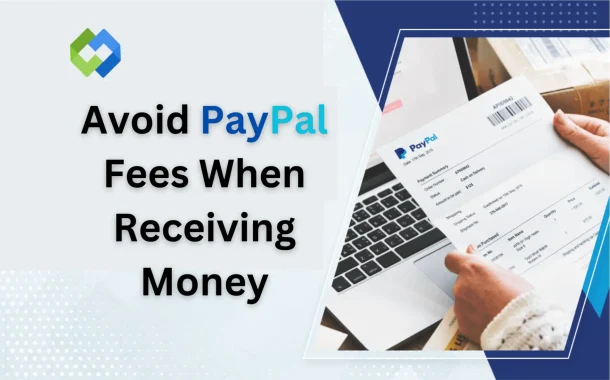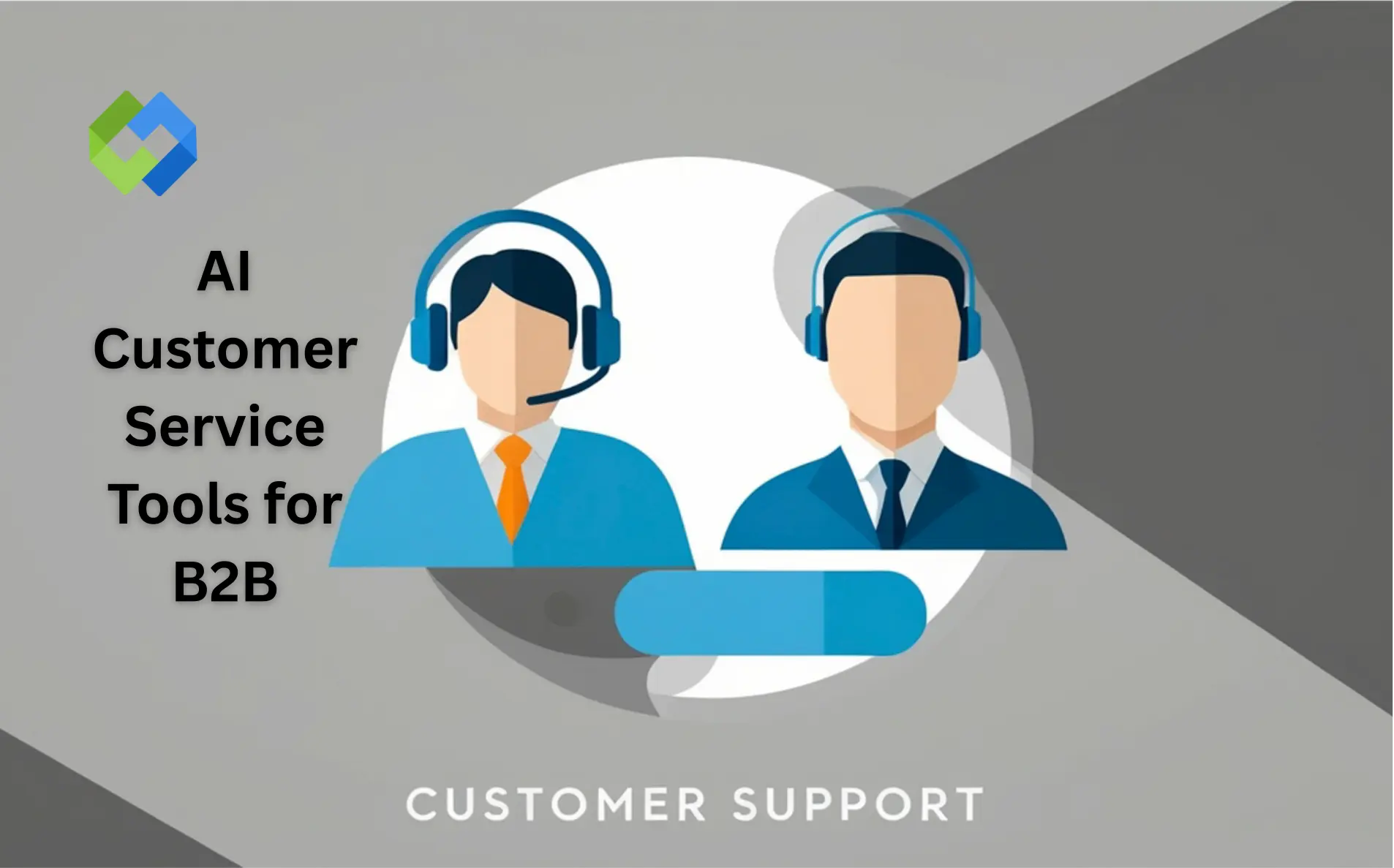It’s important to understand these fees to avoid losing money unnecessarily. By knowing how fees work, you can choose options that save you money. For example, using the friends and family option can help you avoid fees when sending money to people you know.
Table of Contents
Table of Contents
Types of PayPal Fees
Transaction Fees
PayPal charges a percentage of the transaction amount when you receive payments for goods or services. This fee is typically 2.9% of the total, plus a fixed amount depending on the country. Domestic transactions are cheaper, while international ones have higher fees due to cross-border processing.
Currency Conversion Fees
When you receive money in a different currency, PayPal charges a conversion fee. This fee is added to the exchange rate and can be around 3-4%. The conversion happens automatically unless you choose to keep the foreign currency in your PayPal account.
International Fees
Receiving money from a different country incurs additional fees on top of the standard transaction costs. These fees compensate for cross-border payment processing and can range from 4.4% to 7%, depending on the country.
Credit Card Payment Fees
If someone sends you money using a credit card, PayPal applies an extra fee. This fee is typically around 2.9% plus a small fixed charge. It’s higher than receiving payments from a bank account or PayPal balance.
Methods to Avoid PayPal Fees
1. Using the Friends and Family Option
When sending or receiving money from people you trust, use the “Friends and Family” option. This option allows you to transfer money without incurring fees, as long as no goods or services are involved. However, this method should not be used for business transactions, as it violates PayPal’s policies and could lead to account restrictions. Additionally, avoid using a credit card with this option, as PayPal may still charge fees for credit card-funded transfers.
2. Receiving Payments in the Same Currency
One of the easiest ways to avoid PayPal’s currency conversion fee is to request payments in your local currency. If you receive money in a foreign currency, PayPal automatically converts it at a less favorable rate, adding around 3-4% to the transaction. Communicate with the sender to ensure they send the payment in the currency you prefer to minimize unnecessary charges.
3. Avoiding Credit Card Payment Options
Encourage senders to use their PayPal balance or bank account instead of a credit card to fund transactions. PayPal charges higher fees when payments are made with credit cards, usually around 2.9% plus a fixed fee. By avoiding credit card payments, you can reduce or eliminate these additional costs, especially for frequent transactions.
4. Linking Your Bank Account
Linking your bank account directly to PayPal helps avoid fees when withdrawing money. Transfers from PayPal to a linked bank account are usually free in most regions. It’s also a safe and efficient way to withdraw larger amounts without paying the withdrawal fees associated with other methods like checks or instant transfers. Additionally, having a linked bank account can make your account more secure and versatile for future transactions.
Strategies for Business Users
Requesting Payments from Local Clients
Whenever possible, request payments from clients in the same country to avoid international transaction fees. Domestic payments usually come with lower fees compared to cross-border transactions, which can be as high as 4.4% plus a fixed fee. By focusing on local clients or asking international clients to use local accounts, you can significantly reduce your costs.
Using Invoicing Wisely
PayPal’s invoicing system allows businesses to send professional invoices to clients. While there are still fees associated with receiving payments, using this feature gives clients an official channel to pay you, ensuring transparency. You can also minimize fees by negotiating payment terms, like asking clients to pay using bank transfers or PayPal balance instead of credit cards.
Offering Alternative Payment Methods to Customers
Diversify your payment options by offering alternatives like bank transfers, direct deposits, or other online payment platforms like Stripe or Square. These methods may offer lower fees or even no fees, depending on the platform. Giving customers more choices can also make them feel more comfortable while allowing you to avoid higher PayPal charges.
Consolidating Payments to Minimize Fees
If you receive multiple payments from the same client, consider consolidating them into fewer transactions. PayPal charges fees for each individual transaction, so larger lump sums can reduce the total percentage you pay. Discussing this with regular clients may help them agree to less frequent, larger payments to save on fees for both parties.
PayPal Fee Discounts
- Volume-Based Discounts for Businesses: PayPal offers lower transaction fees for businesses that process over $3,000 in monthly sales. The more transactions you handle, the better the discount, with the lowest fees available to businesses processing over $100,000 per month.
- Negotiating Lower Fees with PayPal: High-volume businesses can sometimes negotiate reduced fees with PayPal. If your business processes a large amount of money regularly, reach out to PayPal’s support to discuss a custom fee structure. While not guaranteed, businesses with steady sales have a good chance.
- Non-Profit Organization Discounts: Registered non-profits are eligible for reduced fees on donations, typically around 2.2% plus a small fixed fee. This discount can help lower costs significantly for organizations that rely on donations through PayPal.
- Cross-Border Merchant Discounts: Businesses dealing with international transactions may qualify for reduced cross-border and currency conversion fees. PayPal offers discounts for high-volume international merchants, helping to lower the costs of global transactions.
Legal and Tax Implications
Impact of Fee Avoidance on Taxes
While avoiding PayPal fees can save money, it’s crucial to understand the tax implications. If you use the “Friends and Family” option for business transactions, it may be seen as income not reported to tax authorities. This could lead to potential tax issues if your income exceeds reporting thresholds.
Reporting Income and PayPal’s Tax Requirements
PayPal may report transactions to the IRS if you receive over $600 in payments for goods or services. This means you must report this income on your tax return, even if you used methods to avoid fees. Keeping accurate records of all transactions is essential for tax purposes.
Understanding PayPal’s User Agreement
Familiarize yourself with PayPal’s user agreement, which outlines your responsibilities regarding transactions and fees. Violating these terms, such as misusing the Friends and Family option for business, can result in account limitations or closures.
Consulting a Tax Professional
Given the complexity of tax regulations, it’s wise to consult a tax professional. They can help you navigate the implications of receiving payments through PayPal and ensure that you comply with all legal and tax requirements while maximizing your savings.
Conclusion
Understanding and avoiding PayPal fees can save you money in the long run. By using options like the “Friends and Family” transfer for personal payments and avoiding credit card payments, you can minimize costs. Additionally, requesting payments in your local currency helps you dodge currency conversion fees. These small changes can add up, especially for businesses.
It’s also essential to stay informed about PayPal’s policies and potential fee discounts. Businesses can benefit from volume-based discounts and negotiate lower fees. Remember to keep accurate records for tax purposes, as all income must be reported.














